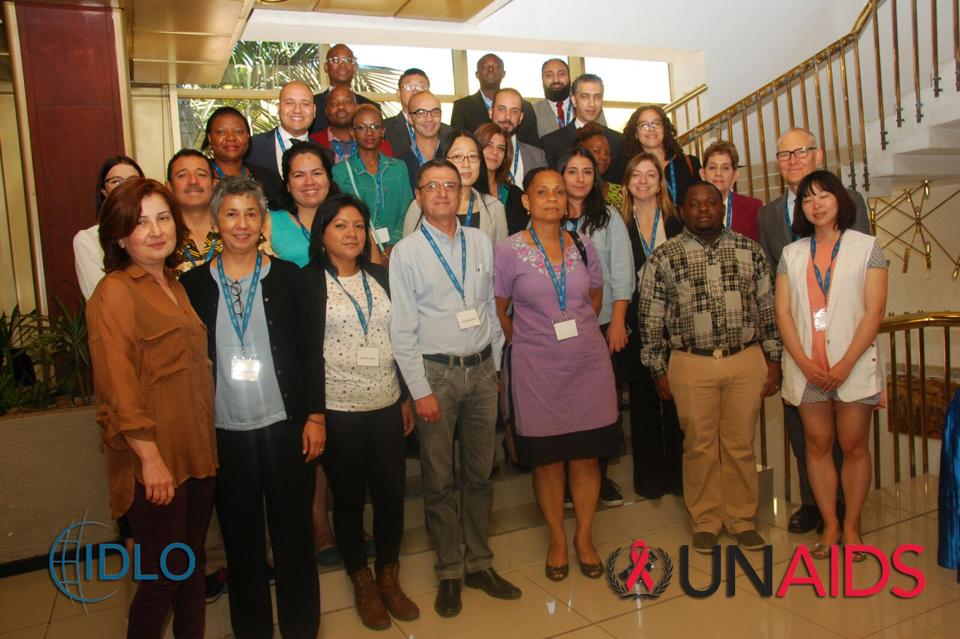Anti-HIV drugs may be effective against Ebola: Study
- Details
- Parent Category: Publications/Resources
- Hits: 1380
Drugs normally used to treat HIV may also be effective at inhibiting the deadly Ebola virus that is transmitted from human to human by infectious body fluids, a new study has claimed.
Read more: Anti-HIV drugs may be effective against Ebola: Study
Long-acting injectable HIV treatment undergoes clinical trials
- Details
- Parent Category: Publications/Resources
- Hits: 1156
People living with HIV with suppressed viral loads may, for the first time, be offered long-acting, injectable antiretroviral treatment, following a clinical investigation by two global pharmaceutical companies.
Read more: Long-acting injectable HIV treatment undergoes clinical trials
Violence against women is both cause and consequence of HIV transmission
- Details
- Parent Category: Publications/Resources
- Hits: 1565
Testing HIV positive was the beginning of Margaret Mbabazi’s anguish. It never crossed her mind that her husband and the father of her four children could chase her away from their marital home.
Read more: Violence against women is both cause and consequence of HIV transmission
HIV identified as leading risk factor for stroke in young African adults
- Details
- Parent Category: Publications/Resources
- Hits: 1438
HIV infection is the leading risk factor for stroke in young African adults, a new study by the University of Liverpool’s Institute of Infection and Global Health has found.
Read more: HIV identified as leading risk factor for stroke in young African adults
Nutrition Tips to Keep the Immune System Strong for People with HIV-AIDS
- Details
- Parent Category: Publications/Resources
- Hits: 1611
Having HIV may put you at greater risk for heart disease, diabetes and certain cancers. This is due to the inflammatory, damaging nature of the virus and the side effects of some antiretroviral therapies. Eating a healthy diet may help reduce the risk of developing these conditions.
Read more: Nutrition Tips to Keep the Immune System Strong for People with HIV-AIDS
Login Form
Mailbox
You are not logged in.
Breaking The Walls

Media
3rd Inter-regional Consultation on HIV - related Services and Rights
25-27 November 2015, Harare - Zimbabwe.

Regional Dialogue Focus Meeting Assembly
8 - 11 December 2015, Beirut - Lebanon





